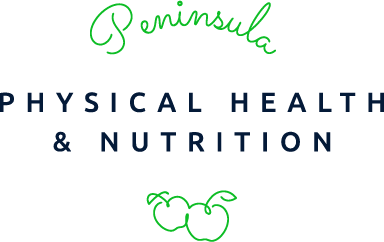Hemp: super food or unsafe?
Hemp products as food and supplements have exploded onto the market recently. In April 2017, the sale of low-THC Hemp products in Australia was approved. Until then, hemp has a bit of a bad reputation for its association with marijuana.
Hemp comes from the stem and the leaves of the marijuana plant which are generally low in tetrahydrocannabinol (THC), the psychoactive component. To be considered a food and safe to be sold in Australia, products need to be less than 0.5% THC.
Hemp is a good protein source, good fats and fibre. Although it is not a complete protein as it lacks lysine and leucine, it can contain up to 35% protein. It also has a high fat content with an optimal omega-6 to omega-3 ratio of 3:1, making hemp a great source of unsaturated, heart healthy fats. Hemp is sold as hemp seeds, hemp oil, hemp protein supplements and is added to other food products.
However there is currently not very strict regulations for testing the THC content of products and while most producers are careful, not all are testing their crop which could potentially results in a higher THC product being sold. For this reason, athletes that are undergoing drug testing by WADA or ASADA need to be careful when considering using these supplements. There is no need for the everyday consumer to be alarmed, the hemp products sold in Australia do not contain anywhere near the amount of THC known to alter one’s state of mind.
Hemp seeds can be used in a variety of ways. They are delicious sprinkled on top of yoghurt or muesli, soups and salads. Their texture makes for a creamy, nutty addition to a meal. While these products are no magic bullet for health or weight loss, they can make a delicious and nutritious addition to your diet.





